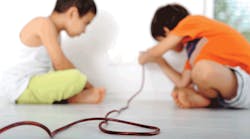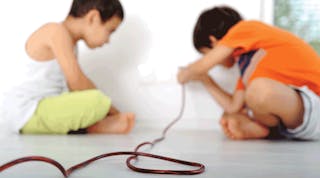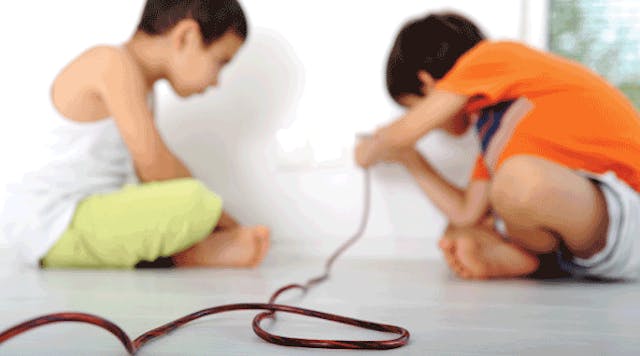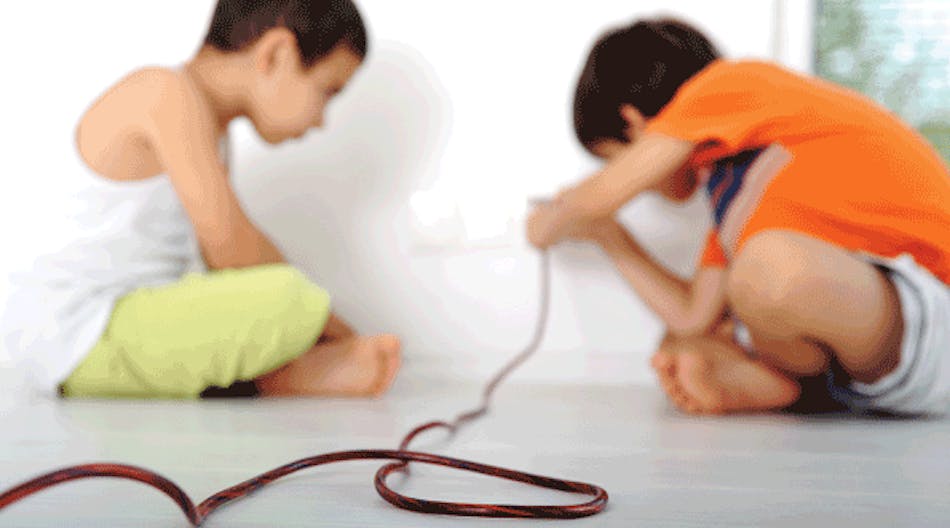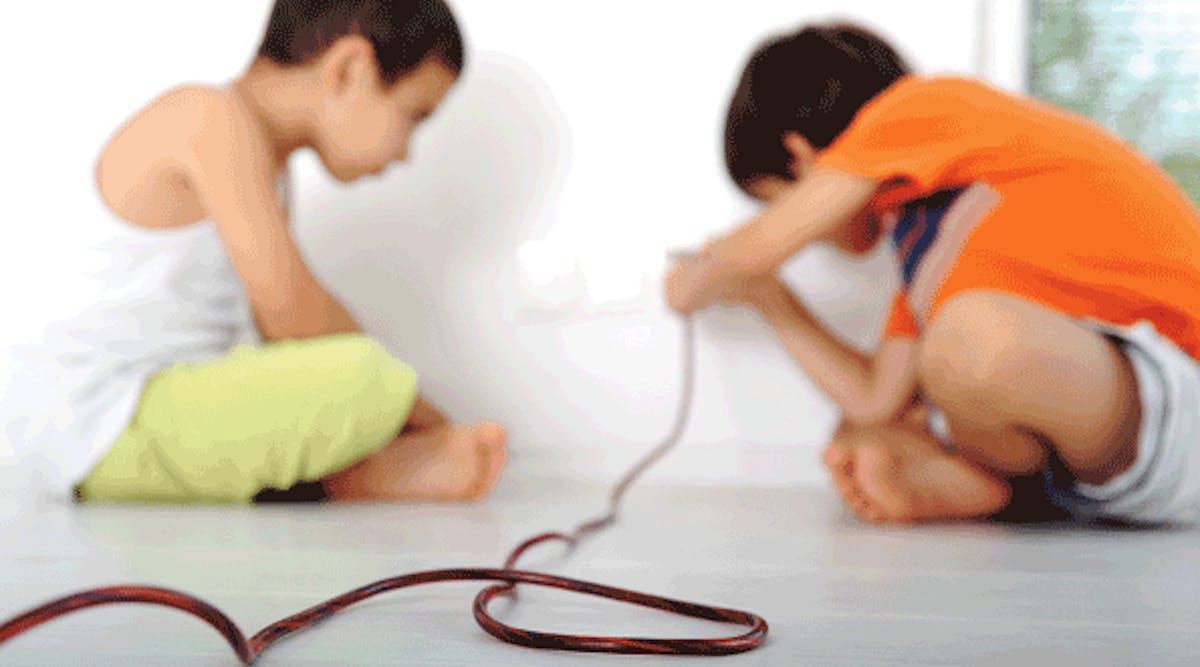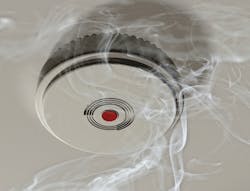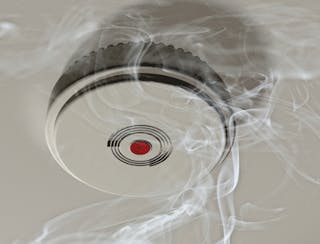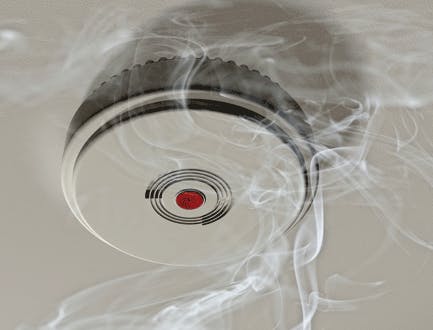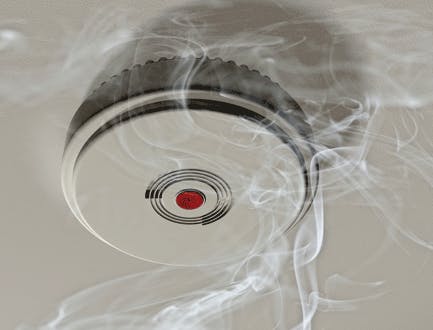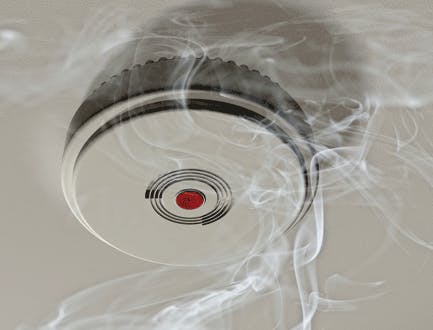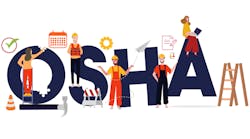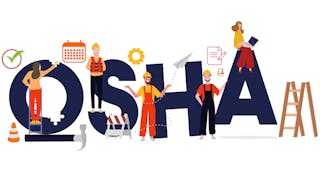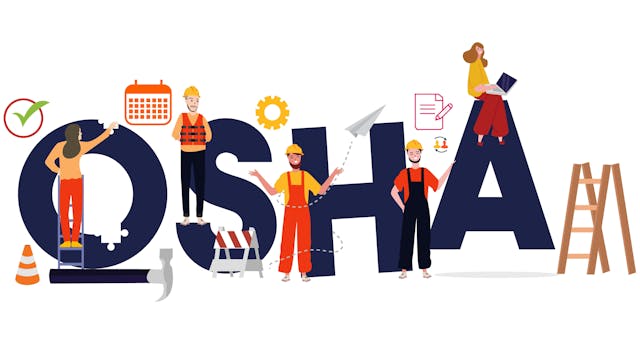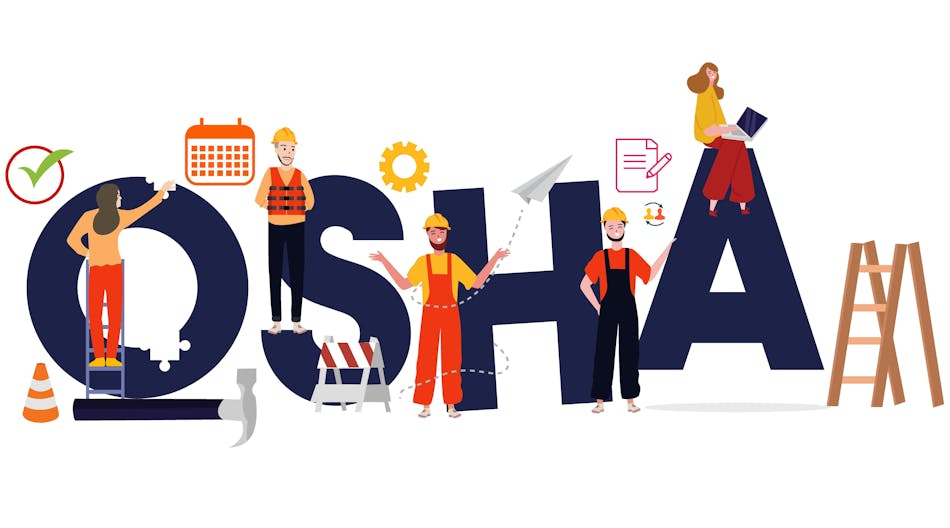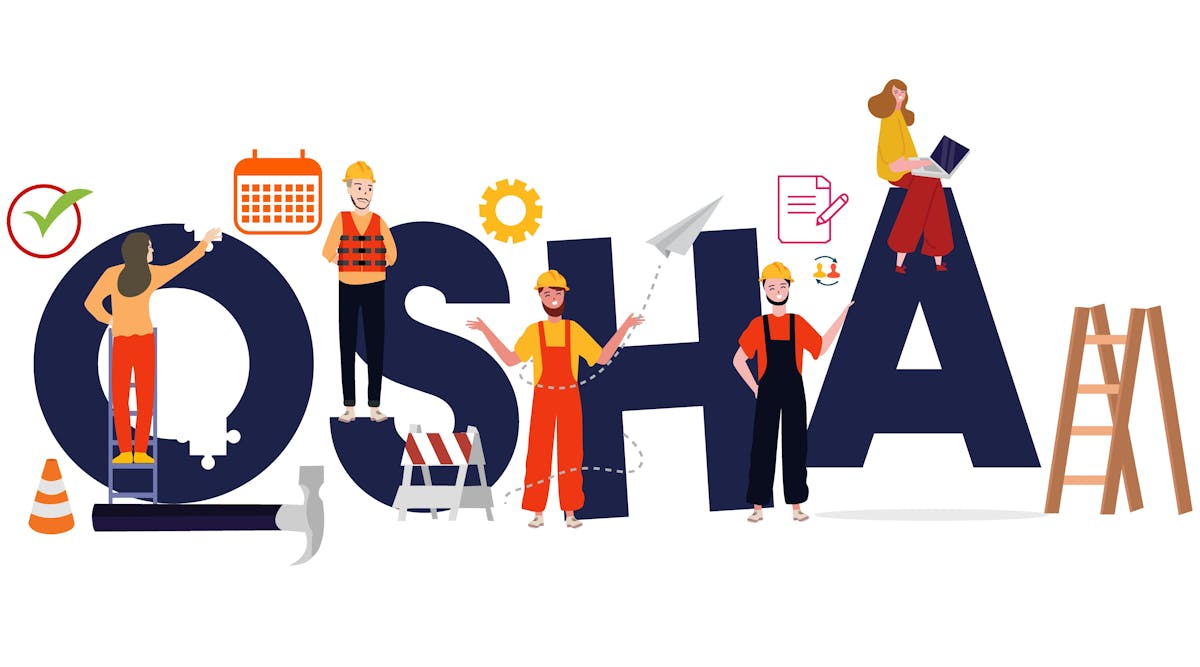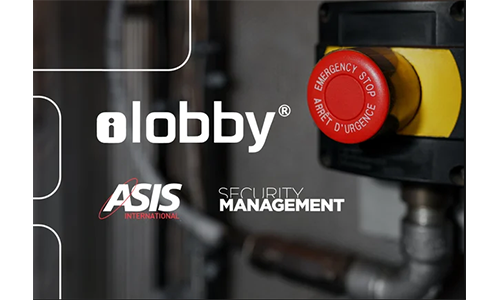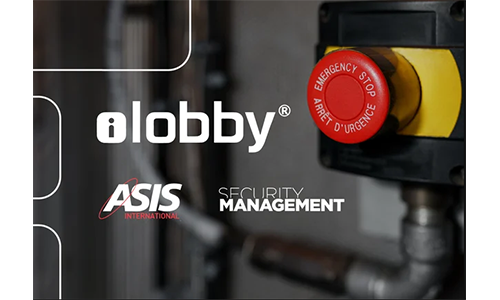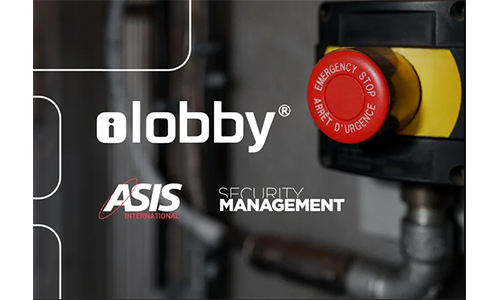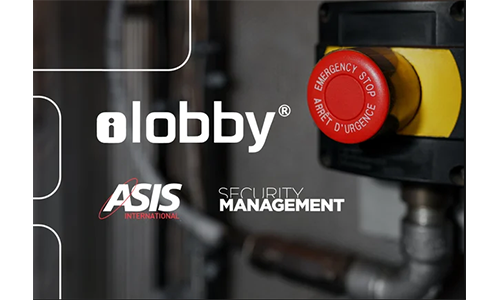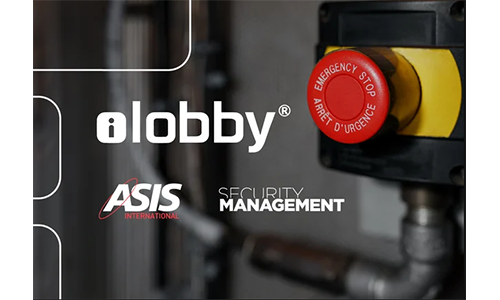May is National Electrical Safety Month, and the Electrical Safety Foundation International (ESFI) is spearheading its annual effort to educate key audiences about the steps that can be taken to reduce the incidence of electrically related fires, fatalities, injuries and property loss. This year's campaign theme is "Electrical Safety for All Ages," which takes a multigenerational approach to electrical safety by encouraging family members of all ages to work together to identify and correct potential home electrical hazards.
See Also: Workplace Safety Management Best Practices
In addition to encouraging safe electrical practices in the home, the campaign also is providing the resources necessary to encourage electrically safe practices on the job with material developed to minimize electrically-related deaths and injuries through workplace electrical safety education.
In the Workplace
Every year in the United States, workplace electrical incidents result in more than 300 deaths and 3,500 injuries. While electrical hazards are not the leading cause of on-the-job injuries and fatalities, they disproportionately are fatal and costly. For every 13 electrical injuries that occur in the workplace, one worker dies. Most of these electrical-related fatalities and injuries could be prevented. Awareness of workplace electrical hazards and knowledge of best practices are critical to reducing these staggering statistics.
The National Electrical Safety Month 2013 Resources for the Workplace provide the resources necessary to encourage electrically safe practices throughout the workplace. ESFI's Standards and Best Practices materials contain valuable information to help employees consistently make safe choices and help employers ensure a safe work environment. Topics include arc-flash awareness, de-energizing equipment, lockout/tagout procedures, personal protective equipment and the important lesson to always "test before you touch." Additionally, industry codes and standards materials provide an overview of the various laws, regulations and codes in place to protect anyone working with or near electricity.
ESFI's "How Do You Know?" workplace safety program provides a tool for managers and employees to develop a proactive approach to electrical safety by determining the effectiveness of the current safety practices they have in place. The program features the Electrical Safety Self-Assessment tool and a complementary video series. Once the assessment is complete, respondents can visit ESFI's Web site at http://www.esfi.org for a library of safety resources and links.
In the Home
Each year, electrical failures are the cause of 43,900 home fires, resulting in 438 deaths, 1,430 injuries and $1.47 billion in property damage. While electrical hazards threaten the public at large, certain populations experience risks that are significantly higher than that of the general population. Our youngest and oldest populations are exceptionally vulnerable.
Every year in the United States, more than 2,400 children under the age of 10 are treated in emergency rooms for electrical shock or burns caused by tampering with a wall outlet around the home – that is nearly seven children a day. As for the older population, one-third of people who are killed by home electrical fires are over the age of 65. With that in mind, ESFI has developed safety materials targeting these at-risk populations, while also providing a comprehensive collection of up-to-date resources for homeowners and consumers who are not part of these vulnerable demographics.
ESFI's child-focused materials are part of a new "Be Smart about Fire and Electrical Safety!" program that contains print and online educational materials to promote the importance of fire and electrical safety. The materials are aligned with National Education Standards in Science and Reading, require no advance preparation and cover a broad range of topics to help students understand critical principles regarding fire and electrical safety at home.
As an additional component of the program, ESFI has redesigned and expanded the popular Kids' Corner section of its Web site. ESFI's Kids' Corner features interactive games and animated safety videos that reinforce the key fire safety and electrical safety messages introduced in the classroom programs.
A new, interactive activity has been developed to allow children to create and send e-cards with fire safety-related messages to their loved ones, fostering electrical safety practices for the whole family. Rounding out the program elements is the ESFI Fire and Electrical Safety Contest, which provides an opportunity for students and their families to work together to identify unique ways to convey fire and electrical safety messages. The full contest rules and eligibility requirements can be found by visiting http://www.esfi.org/educators.
Targeting the older adult audience, ESFI's Home Fire Safety for Older Adults program features information about the hazards related to the major causes of home fires each year, with an emphasis on electrical safety. Along with resources developed to educate about hazards related to electrical equipment, the program also addresses fire hazards related to cooking and heating. Tip sheets for smoke alarms and escape planning also are included.
The Home Fire Safety Checklist can help ensure a home adheres to fundamental fire safety practices, while the Emergency Information Sheet and Smoke Alarm Maintenance Calendar are handy reference tools to encourage safety reminders all year long.
Families and caregivers are encouraged to help older adults review this safety information and perform their smoke alarm maintenance activities and home fire safety check-ups. All materials are part of the Home Fire Safety for Older Adults Safety Awareness Program Toolkit, and can be downloaded from ESFI's Web site.
Reaching the wider demographic of homeowners and consumers who do not fall into the older adult category, ESFI also has an extensive variety of resources that provide an overview of the home electrical system and offer practical tips on how to prevent electrical hazards. A new, illustrated tip sheet, Give Your Home an Electrical Safety Checkup, offers tips on how to identify and rectify electrical dangers in the home. Additionally, campaign materials also highlight the tremendous safety benefits provided by arc fault circuit interrupters (AFCIs), ground fault circuit interrupters (GFCIs) and tamper-resistant receptacles (TRRs).
ESFI has developed the National Electrical Safety Month 2013 Electrical Safety Advocate Guide to provide tools to raise awareness of electrically safe practices to a variety of audiences. Whether the goal is to want to educate a loved one or raise awareness in a community, school or workplace, this guide provides step-by-step instructions on how to be an electrical safety advocate and help champion ESFI's cause of minimizing electrical-related deaths and injuries.
Electrical safety awareness and education among consumers, families, employees and communities will prevent electrical fires, injuries and fatalities.
Brett Brenner is president of the Electrical Safety Foundation International. For ESFI's complete collection of National Electrical Safety Month resources, visit http://www.esfi.org/NESM.
